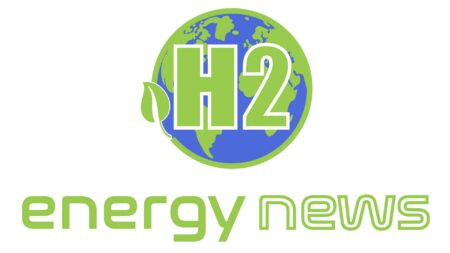Augustus Global Investment, a prominent German firm, has unveiled plans to invest a whopping $500 million in a green hydrogen plant in Indonesia’s Aceh province.
Browsing: Germany
As the nation sets its sights on reducing carbon emissions and transforming its energy landscape, the path to a hydrogen economy is proving to be complex.
Deutsche Telekom is spearheading a new era in mobile communications at the Nibirii Festival in Düren. With a focus on sustainability and efficiency, the festival serves as a testing ground for novel mobile communications advancements that are set to reshape the way we connect, communicate, and power our devices.
With the inauguration of the world’s largest direct reduction plant for green iron, powered solely by green hydrogen, HyIron is paving the way for climate-neutral iron production. This landmark achievement not only tackles emissions but also heralds a new era of sustainable steelmaking.
With the need for several hundred million tonnes of hydrogen annually, both domestically produced and imported, the Germany is embarking on a hydrogen odyssey that will reshape its energy landscape with the TransHyDE flagship project.
Germany’s Economics Minister Robert Habeck has unveiled an ambitious national hydrogen strategy, placing a strong emphasis on the promotion of green hydrogen.
The spotlight is trained on sectors like steel, cement, and chemicals, as a new study commissioned by the EU Commission and conducted by Fraunhofer ISI delves into the ramifications of this industrial overhaul on the European energy system across multiple scenarios.
Germany is poised to turbocharge its hydrogen market expansion. With an ambitious update to its National Hydrogen Strategy, the country is setting its sights on doubling its domestic electrolysis capacity by 2030, catapulting it to at least 10 gigawatts (GW).
In a significant move towards Germany’s clean energy transition, RWE has unveiled plans for hydrogen-ready gas power plants. However, the successful realization of these ambitious plans hinges on two critical factors: clarity about the government’s conditions for tendering and the establishment of necessary infrastructure frameworks.
In the pursuit of a greener energy landscape, a consortium consisting of Thüga, Energie Südbayern, and Energienetze Bayern is making remarkable headway in the hydrogen pilot project known as H2Direkt. This collaborative effort is propelling the transformation of an existing gas network into a hydrogen-based infrastructure, marking a significant leap towards a sustainable energy future.



